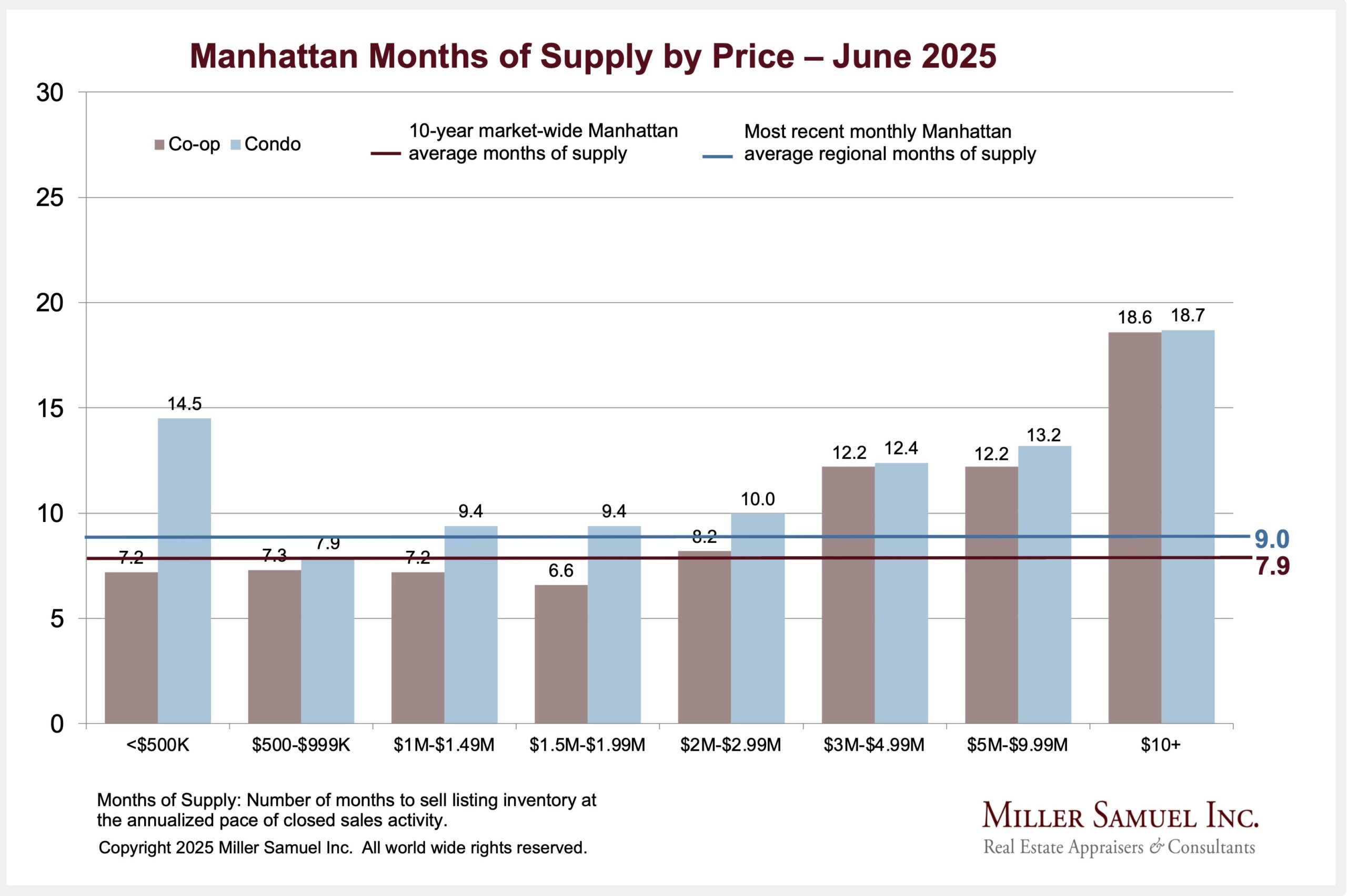- Two Realtor associations that own a Colorado MLS sold it to a private firm
- The unprecedented sale was to reduce legal exposure to the NAR settlement
- Business rules of an MLS conflict with Realtor associations (a.k.a. steering)
About a week ago, Real Estate News (my new favorite industry resource) confirmed that the two associations that own the REColorado MLS, the 16th largest multiple listing system (MLS) nationwide with 25,000 members, have signed agreements to sell to a firm supposedly backed private equity. The reasons given for the sale and the actions taken since the sale have been quite dramatic. MLS systems are the lifeblood of the real estate brokerage industry so it got me thinking about whether this is the beginning of a new trend of divestiture, a national rollout, or a one-off event.

Two association owners asked, “Is it better to be an owner or a customer?”
The Associations’ initial answer A customer.
The two associations, the Denver Metro Association of REALTORS® (DMAR) and the South Metro Denver REALTORS® Association (SMDRA) were probably looking to cash out while shedding their liability from the NAR settlement through decoupling (it’s a conscious uncoupling as a celebrity once said).
This FAQ by the two associations explains why they took this unprecedented move to sell their REcolorado MLS:
We strongly believe that this is the right time to sell the MLS, as the industry continues to advocate decoupling from the Realtor® Associations that have long owned the MLS. As has been widely reported in industry reports and media coverage, decoupling MLSs and Realtor® Associations could help protect MLS organizations from ongoing antitrust litigation. Separating could also improve MLS management, according to the latest Swanepoel Trends Report, which also recommended that MLSs be structured as for-profit businesses, while Realtor® Associations should be nonprofit organizations.
DMA Realtors
Why is the Department of Justice still uncomfortable with the NAR settlement?
Motivated by fair housing goals, the DOJs biggest concern with the state of MLS systems today has been reported to be about the potential for “steering” brokers to sell listings that have higher commission splits for the agent representing the buyer. In practical terms, the DOJ’s view is cynical since steering to higher commissioned listings statistically occurs on the margin (see the study discussed below). Most agents are 100% dependent on commissions, so the idea that they will forgo 100% of their compensation by not showing a property that is a perfect fit for their client over another is not a reality. Yet, I certainly understand DOJ’s concern about the potential for steering. It doesn’t help that NAR has long been hoping this concern would go away eventually by essentially doing nothing to address well-publicized governmental and consumer concerns. DOJ has made it clear that they have zero tolerance for “steering” of any type.
A notable case involves MLSPIN, the Massachusetts statewide MLS, which is broker-owned. The DOJ clearly states current practices:
stymie competition and raise prices for home sellers and buyers through artificially inflated real-estate broker commissions.
DOJ
Bright MLS, the second largest system in the US, conducted a detailed study on this topic by their chief economist, Dr. Lisa Sturdevant. The study examined more than one million home sale transactions that took place throughout the Mid-Atlantic between 2020 and 2023 to provide insight into whether there is evidence to support claims that agents steer buyers toward homes with higher agent commissions and commissions that have driven up home prices. The Bright MLS study appears to dispel this common myth.
Why would private equity be interested in an MLS?
The buyer (MAZL) is not a private equity firm but is reportedly backed by one. Concerns were expressed because the private buyer owned a title company, and the company was part of Anywhere’s title network. I think this news is only a distraction from the real issues.

Still, why would a backer from private equity be interested in an MLS? They can’t sell a lot of new data products to the agents in the current market. I think of MLS systems as an appliance, like a toaster. They haven’t changed much in years, serve a specific data need, and their utility won’t change all that much.
The Private Sector Moves Fast
The sellers (DMAR & SMDRA) fired the board but kept the staff as
a result of the violation of the board of directors’ signed obligations to maintain confidentiality
Real Estate News
The sellers showed how serious they were about this deal going forward through action. Because of the board’s leaks, the public found out about the sale before their association members did.
The new owners seemed clear about continuing to work with the members of the associations. With this change in ownership, our commitment to providing a broker-centric platform remains steadfast
With this change in ownership, our commitment to providing a broker-centric platform remains steadfast
Real Estate News
Show me the money (cost-cutting)
I’m just spitballing here, but in my experience, each MLS has no real competition, like a cable company (a new category of competitor comes in, like fiber optics or satellite). To MLS systems, that competition came from new portals like Zillow, which won over the consumer and forced MLS systems to move away from their longstanding gatekeeper mentality. The only real financial upside to this and future acquisitions I can see is cutting about 40% of the fat from top-heavy MLS administrations and changing from not-for-profit to for-profit status. If they can keep their members happy as MAZL said they intend to, then they have secured a potential cash cow indefinitely.
There are conspiracy theories abound that this is the first step in starting a national MLS rollout. Those who think this, probably don’t understand the industry which has no clear set of cooperation rules, let alone agree on the type of salad dressing they want for their conference lunches.
Realtor Association business rules clash with MLS rules
This move could trigger similar moves by other MLS association owners to get out from under the legal exposure of the NAR settlement. That exposure is held by associations whose own MLS entities. The key problem is that association business rules clash with MLS rules. Most importantly, if this pattern continues, NAR membership will collapse as a large swath of current membership comes from “ghosts” – MLS users being forced to join NAR for access to their local MLS but don’t need or use the services NAR provides.
This realignment of the industry is necessary in light of the NAR settlement but is unlikely to impact real estate agents and brokers in their everyday work.
And most people think an MLS only represents a database of listings…
Did you miss yesterday’s Housing Notes?
Housing Notes Reads
- A New Era of MLS Mergers and Acquisitions Arrives [WAV Group]
- ‘Ongoing antitrust litigation’ prompted deal to sell leading MLS [Real Estate News]
- REcolorado board removed as buyer is unveiled [Real Estate News]




![[Podcast] Episode 4: What It Means With Jonathan Miller](https://millersamuel.com/files/2025/04/WhatItMeans.jpeg)